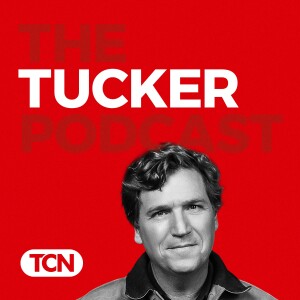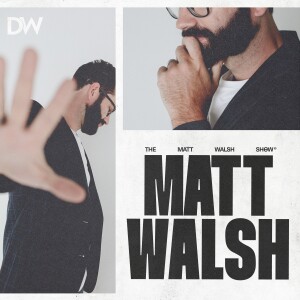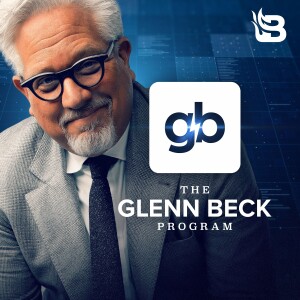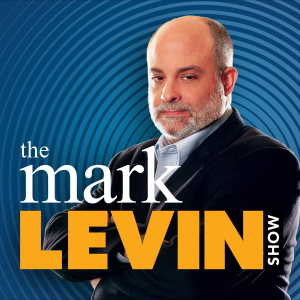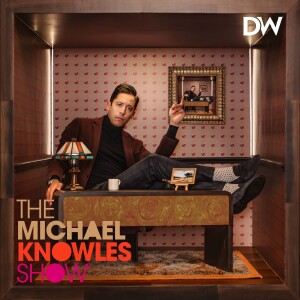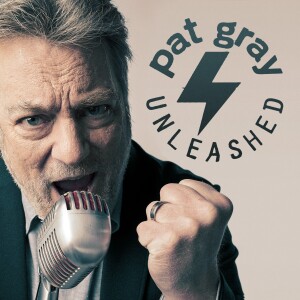

At the end of September, ITV broadcast drama ‘Honour’ based on the true story of the murder of a young woman Banaz Mahmod in Britain in January 2006.
Banaz had left her arranged marriage and met a young Iranian man of her own choice. Banaz went to the police on 5 separate occasions disclosing rape by her husband and threats to her life by the local community after she left him. Banaz had herself predicted in December 2004 that her family were plotting to kill her when she had visited a police station. No further action was taken by the police at this time.
In January 2006, three men (Banaz’s cousins) tortured, raped and then strangled to death then 20-year-old Banaz in the sitting room of her parents’ home in southwest London. Her body was later found discarded in a suitcase after her boyfriend alerted authorities she was missing. The disposal of her body arranged by her father and her uncle.
Although shocking to hear that honour killings and honour abuse continues in Britain today, sadly this is not as a rare as we would believe. Hannana Siddiqui, of Southall Black Sisters, which works with victims of violence against women in south Asian and African communities, says: “Our helpline gets about 7,500 calls a year. That’s a mixture of domestic violence and honour-based violence. And this year, during lockdown, there was a huge increase in helpline calls. There’s also research that suggests 12 honour killings take place a year. But it’s hard to say the figures because it is a hidden crime.”
The true figure could be much higher when considering that some killings may be commissioned or planned in the UK, but the act is committed abroad. Worldwide it is estimated that there are 5000 honour killings a year.
Banaz’s case and those like it also lead to conflicting instincts as a desire to be anti-racist leads to fears of racially profiling and stereotyping Muslim men. Afzal faced this dilemma directly, having, in another part of his career as a crown prosecutor, overturned the original decision not to prosecute a group of largely Pakistani-heritage men who were grooming and sexually abusing young women in Rochdale. He said “The law has to operate without fear or favour across the board. When you have something which is not a new crime, but one being prosecuted for the first time, you can’t afford to think about which communities might be disproportionately implicated. Eighty-four per cent of sex offenders in this country are British white men. Are we saying all white men are like that? Of course not. You have to take the same attitude to forced marriage and honour-based violence in the south Asian, African and Middle Eastern communities.”
- Honour based abuse is a broad umbrella term used to describe a combination of practices used principally to control and punish the behaviour of a member of a family or social group, in order to protect perceived cultural and religious beliefs in the name of ‘honour’. Although predominantly associated with women and girls, male members of a family can also be victims of breaking the ‘honour code’, bringing disgrace to their family or social group. Perpetrators will feel that they need to restore their loss of face and standing within their community.
- There is no statutory definition of honour based abuse. However, the National Police Chief Council (NPCC) have provided guidance and a definition to Police Forces:
- ‘an incident or crime involving violence, threats of violence, intimidation, coercion or abuse (including psychological, physical, sexual, financial or emotional abuse), which has or may have been committed to protect or defend the honour of an individual, family and or community for alleged or perceived breaches of the family and / or community’s code of behaviour’.
In the UK honour-based abuse is a hidden crime with victims often unable or unwilling to come forward, crimes can be broad, ranging from threats and intimidation through to kidnap and murder. Honour abuse is often premeditated, a conspiracy with the shared belief that the victim must be killed or punished. They can involve various members of the family. In some cultures, ‘forced suicide’ is used as a substitute for a honour killing. When an honour crime has been committed, the community will often close ranks to protect the perpetrators. This may include, hiding those responsible, arranging for them to leave the UK, or providing false alibi’s.
Triggers for honour based abuse can include rejecting a forced marriage, interfaith and inter-race relationships, renouncing a faith, loss of virginity, coming out as being lesbian, gay, bisexual or transgender (LGBT), adultery, being to ‘westernised’ by inappropriate make-up or dress, kissing or being intimate in a public place etc.
As was portrayed in the drama, there may be an element of ‘surveillance’ and control by the family or community members. In the case of adults this might present where the victim is routinely accompanied to and from a place of work. In children or young people, they may be driven to and from school, not able to walk or travel on public transport with friends, they might field a high number of phone calls from family members or their spouse. They may look uncomfortable taking the calls, quiet and withdrawn afterwards, a victim may be accompanied to the doctors by a family member or spouse, there may be noticeable levels of absenteeism, lateness at school, college or employment.
Other indications of honour based abuse can be found here.
Honour based abuse is also closely linked with forced marriage. The Marriage Act 1949 and the Matrimonial Causes Act 1973 govern the law on marriage in England and Wales. The minimum age at which a person can consent to marriage is 16. A person between the ages of 16 and 18 may not marry without parental consent (unless the young person is already a widow/widower). A marriage will be void if either party to the marriage did not validly consent to it, whether in consequence of duress, mistake, unsoundness of mind or otherwise.
Forced marriage became a criminal offence in the UK, in 2014.The Anti-Social Behaviour, Crime and Policing Act 2014 makes it illegal for:
- a person to use violence, threats or any other form of coercion for the purpose of causing another person to enter a marriage without their free and full consent. Coercion includes emotional force, physical force or the threat of physical force and financial pressure
- take a person overseas to force them to marry (whether the forced marriage takes place or not)
- practice any form of deception with the intention of causing another person to leave the UK for the purpose of causing another person to enter into a marriage without their free and full consent
- marry a person who lacks the mental capacity to consent to the marriage (whether they’re pressured to or not)
- breach a Forced Marriage Protection Order
- Lack of mental capacity – The Mental Capacity Act 2005 applies to all people aged 16 and over. In summary where a person lacks capacity to consent to marriage, that marriage must be viewed as a forced marriage whatever the reason for the marriage taking place. It prevents a parent form being able to give consent on behalf of a person who lack the capacity to give their own consent.
In 2017 the UN’s International Labour Organisation (ILO) together with the Walk Free Foundation produced the report ‘2017 Global Estimates of Modern Slavery’ which looked at the worldwide modern slavery problem. For the first time they included in their data, the figures relating to forced marriage. They estimated that in 2016 a staggering 15.4 million people were trapped within a forced marriage.
Karma Nirvana is a UK charity that supports victims of honour-based abuse and forced marriage. Founder and Director, Jasvinder Sanghera CBE, highlighted that victims of forced marriage needed to feel confident in coming forward. You can find further information here https://karmanirvana.org.uk/ | 08005999247 | infor@karanirvana.org.uk
Other Support Lines:
Southall Black Sisters: southallblacksisters.org.uk/
- southallblacksisters.org.uk/campaigns/forced-marriage-campaign/
IKWRO: a website dedicated to safeguarding Middle Eastern and Afghan women and girls at risk of female genital mutilation, honour abuse and Domestic Abuse ikwro.org.uk
AFRUCA: (Africans Unite Against Child Abuse) – A charity devoted to promoting the rights and welfare of African children. Tel: 020 7704 2261 | www.afruca.org
True Honour: Supporting all victims of honour based violence forced marriage and female genital mutilation www.truehonour.org.uk | 07480621711 | contact@truehonour.org.uk
The Halo Project Charity: support for victims of honour-based violence, forced marriages and female genital mutilation 01642 683045 or 08081 788 424 | https://www.haloproject.org.uk/
NSPCC Female Genital Mutilation helpline: 0800 028 3550 | www.nspcc.org.uk/inform/resourcesforprofessionals/minorityethnic/female-genital-mutilation_wda96841.html
We encourage anyone who has concerns about sexual abuse to get in touch. You can contact Alan Collins at Alan.collins@hughjames.com or Danielle Vincent at Danielle.vincent@hughjames.com.
More Episodes
All Episodes>>Create Your Podcast In Minutes
- Full-featured podcast site
- Unlimited storage and bandwidth
- Comprehensive podcast stats
- Distribute to Apple Podcasts, Spotify, and more
- Make money with your podcast


